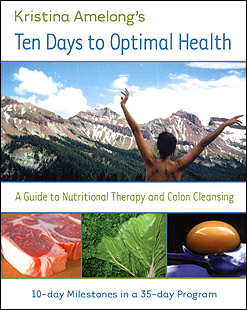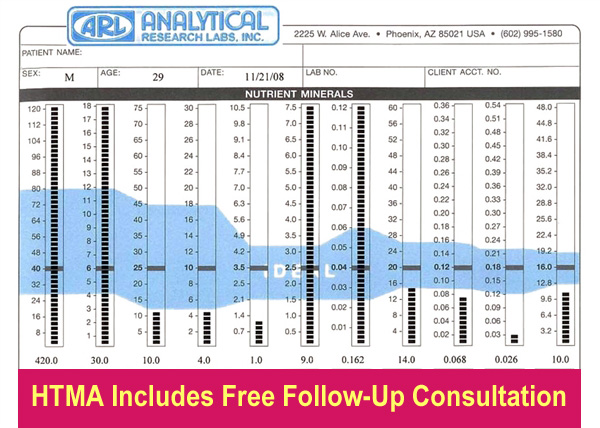The Benefits of Eating Beef Liver and Other Organ Meat
Where To Get Organ Meat
Concerns about Organ Meat
Organ Meat Alternatives
Introduction
Organ meats, also known as offal, have been an integral part of human diets for centuries. Beef liver has gained increasing popularity as a superfood in recent years, but there are many other types of organ meats that are fairly common and accessible such as heart, pancreas, testicle, tongue, brain, bone marrow, and kidney. These can come from cows, chickens, sheep, or pigs.
Health Benefits of Consuming Organ Meats
Despite falling out of favor in recent years due to the rise of leaner meat options, nutrient-dense organ meats offer a plethora of health benefits:
- Nutrient Density — Organ meats are nutrient powerhouses. They are densely packed with vitamins and minerals that are vital for overall health. For instance, liver, a standout among organ meats, is an exceptional source of vitamin A, B vitamins (especially B12 and folate), iron, zinc, and copper. These nutrients play crucial roles in supporting the immune system, maintaining healthy skin, producing energy, and aiding in various metabolic processes.

- High-Quality Protein — Organ meats are an affordable and easily digestible source of high-quality protein. Protein is essential for optimizing blood sugar and energy levels, building and repairing tissues, and supporting muscle growth. A diet rich in protein also helps to increase metabolism and reduce carbohydrate cravings.
Although it varies from person to person, the amount of protein generally recommended in my 10-Day Optimal Health Diet is 5-25 grams every 3-4 hours, with an aim to consume a total of ½ to 1 gram of protein per pound of body weight daily. (The Carnivore Diet recommends at least 0.8 to 1 gram of protein daily, exclusively from animal sources.)
- Rich in Essential Fatty Acids — Many organ meats, especially brain and marrow, contain a significant amount of healthy fats, including omega-3 fatty acids. Omega-3 fatty acids are renowned for their role in reducing inflammation, promoting brain health, and maintaining a healthy heart. Incorporating these organ meats into your diet can contribute to a well-rounded intake of essential fatty acids.
NOTE: Grass-fed beef and beef liver has a higher amount of omega-3s than grain-fed beef.
- Exceptional Source of Minerals — Organ meats are often packed with essential minerals such as iron, zinc, and selenium. Iron is crucial for preventing anemia and carrying oxygen throughout the body. Zinc is essential for immune function, wound healing, and maintaining a healthy sense of taste and smell. Selenium acts as a powerful antioxidant, protecting cells from oxidative damage, and supports thyroid function.
- Aids in Nutrient Absorption — Organ meats are also known to enhance the absorption of other nutrients. These meats contain high levels of vitamin D, which plays a pivotal role in calcium absorption and bone health. When consumed alongside other foods, organ meats can help improve the utilization of calcium and other essential minerals.
- Sustainable Eating — Embracing organ meats can be a more sustainable choice for environmentally conscious consumers. These cuts are often less expensive and less resource-intensive to produce than prime cuts of meat, making them a more sustainable and cost-effective option for those looking to reduce their carbon footprint.
Where to Get Organ Meat
It is important to source high-quality, organic meat from healthy animals to ensure the nutritional benefit. It's also important when buying offal that the animals were not fed corn or soy and have not received antibiotics, as that will have negative effects on the health of their organs.

- Going to your local farmers' market is a great way to get organic, grass-fed organ meat. You can talk directly with the farmers to make sure that the quality is high.
- Whole Foods Market or other healthier grocery stores usually carry some organic offal options.
- North Star Bison sells high-quality organ meat, as well as ground bison with organs mixed in.
- You can also check out your local butcher or even your regular grocery store. Just make sure that you know about the sources of the meat and purchase only organic and grass-fed products.
Concerns about Organ Meat
- The liver holds toxins... Because the liver is a detoxification organ, many people assume eating liver means consuming those toxins. Despite the fact that the liver is the primary detox organ, it does not store toxins. As long as the liver you eat is organic and from grass-fed animals, it will be therapeutic.
- Cholesterol... Many people worry about high levels of cholesterol in liver and other organ meat because there is a common misunderstanding that all cholesterol is harmful, causing heart disease and other health problems. In fact, cholesterol is a key component of a healthy diet, and healthy saturated fats are necessary for brain and nervous system development as well as the health of our own organs and digestion and absorption of long-chain fatty acids. Studies have shown that inflammation, not high cholesterol, is a leading cause of cardiovascular disease.

- Copper content... Liver and liver supplements contain high levels of copper, which is a mineral we all need but many of us have toxic levels of. If you are consuming liver regularly, especially in supplement form, I recommend getting your copper and other heavy metal levels tested with a hair tissue mineral analysis (HTMA).
▶︎ Learn More HTMA Testing
- Taste and texture... For many Americans, eating organ meat is unfamiliar and the strong flavor or strange texture can put people off. There are many recipes for cooking offal on the internet that may help address these issues, but for another option, see below.
Alternatives to Eating Organ Meat
If you find it difficult to source or consume liver or other organ meats, you can take a liver supplement such as Enviromedica Pastured Beef Liver instead.
DISCLAIMER: This material is presented for informational purposes only and is not a substitute for medical advice, diagnosis, or prescribing from a licensed healthcare professional. We make no claim or guarantee for cure or relief of any specific symptom, medical condition, or disease when using any of the products or protocols referenced here. Consult with a licensed healthcare professional before altering or discontinuing any current medications, treatment, or care, or starting any diet, exercise, cleansing, or supplementation program, or if you have or suspect you might have a health condition that requires medical attention.
By Kristina Amelong, CCT, CNC
I-ACT-Certified Colon Hydrotherapist
Certified Nutritional Consultant
|
|

▶︎ Need more detailed guidance on optimizing your diet?
Personal Health Consultations with
Kristina Amelong, CCT, CNC
For personalized support with your home health program, I would be happy to assist via a scheduled phone consultation. I charge an affordable $2.25 per minute, for as many or as few minutes as you need!
First complete any relevant sections of my secure online intake form. Upon submitting the form, you will be prompted to schedule a consultation time with me via my online booking system.
If you are an international client who would like to use WhatsApp for your scheduled consultation, you can find me on the app at +1 608-242-0200.
|
|
|